#TIme Out New York
Text
timeoutnewyork: This isn't your typical rave 🎭 Enjoy musical theater classics on a boat with @ rocksoffnyc!
*Darren Edit
30 notes
·
View notes
Text
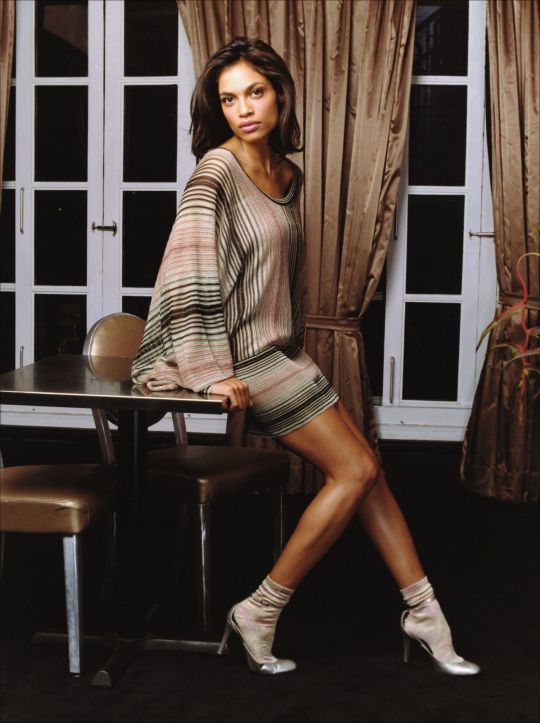
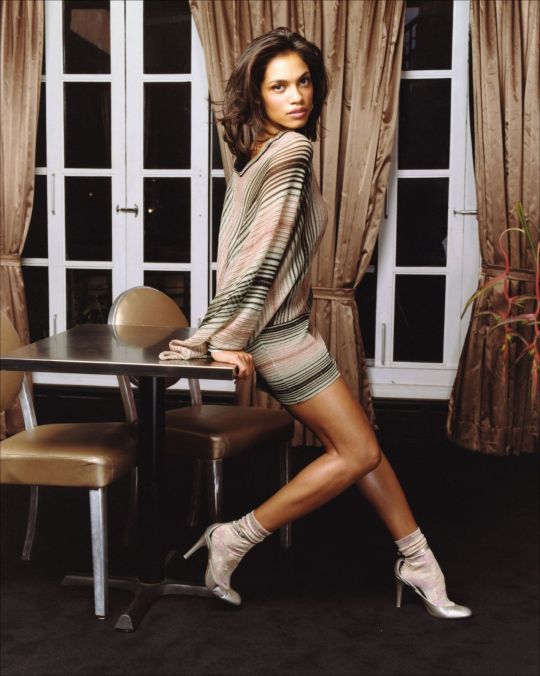
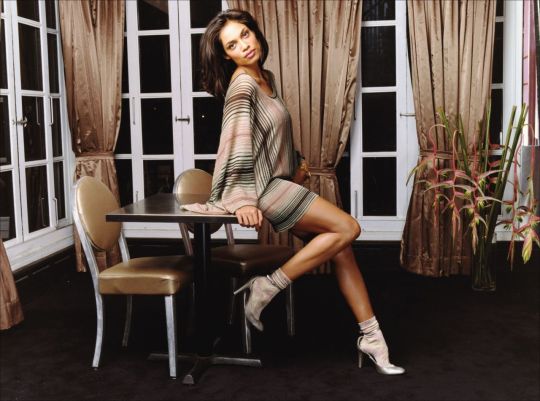
Rosario Dawson for Time Out New York, 2002
#2002#2000s#y2k#actress#actor#model#magazine#photoshoot#fashion#style#famous#celebrity#hair#makeup#time out#time out magazine#time out new york#black girl magic#black beauty#black model#black woman#rosario dawson
20 notes
·
View notes
Text

Time Out New York, 2000
Photo session
Photographer: Eric Ogden
6 notes
·
View notes
Photo

Julian Casablancas & Karen O
#black and white#time out#indie#rock#music#cover#karen o#julian casablancas#yeah yeah yeahs#the strokes#red#magazine#time out magazine#time out new york
132 notes
·
View notes
Text
Kids R' all white
The Whitest Kids U’ Know know what’s funny
By Jane Borden
Although stand-up comics focus on perfecting one strong 20-minute set, the key to becoming a respected sketch group—faced with an hour to fill and striving to build a recurring audience—is to never let the joke well run dry. Since last February, The Whitest Kids U’ Know have been prolific, debuting new, inventive material every Sunday night at Pianos on the Lower East Side, while amassing a loyal fan base and a library of more than 200 sketches.
When challenged with generating that many original bits, a group is bound to repeat some premises. “We write a lot about war… and robots,” Trevor Moore, 24, says. The performer is surprisingly subdued for someone who, in one of the group’s short films, is comfortable swinging a bat on a Queens street and screaming to a second-floor window with child-like excitement, “Hey Bill! Come on: Race War!”
The group formed in 2000 when Moore met Sam Brown at an open mike in the city. “I had a pen that I pretended was a rocket ship and I just flew it around on stage for a couple minutes,” he recalls. “I don’t think anybody liked it but Sam.” The two School of Visual Arts students soon hooked up with another, Zach Cregger (strikingly handsome, predictably pursuing an acting career) and the perpetually unclothed-on-stage Timmy Williams, a student at Brooklyn College at the time. Darren Trumeter, 25 and the last to join, went through a rite of passage, as Moore recalls. “At a party, he was talking about getting in the troupe and we said, ‘Punch Zach in the face.’ So he goes over, taps Zach on the shoulder and punches him. We were like, ‘Yeah, you should be in.’”
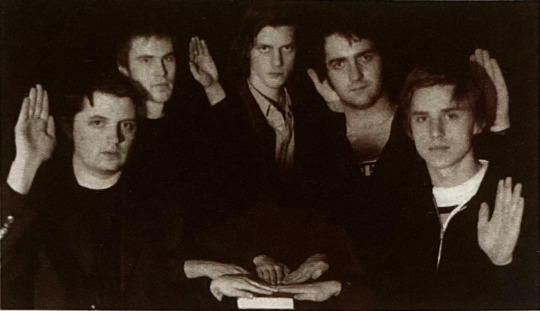
…AND NOTHING BUT THE SPOOF Timmy Williams, Zach Cregger, Trevor Moore, Sam Brown and Darren Trumeter, from left, in black and mostly white.
After WKUK had done stints on stages at SVA and in comedy clubs around town, Pianos’ owners approached them to fill the bar’s Sunday night spot. “The crowd we try to appeal to isn’t the kind who pay $25 and a drink minimum,” Cregger, 25, says. They are, however, the kind who linger, hanging out with one another and the troupe, and return week after week.
The back-room attitude of Pianos also allows the troupe to take risks. Before launching into an impossibly high-pitched, a cappella duet sparked by news of Spielberg’s new Tom Cruise vessel The War of the Worlds, Moore announces, “Sam and I wrote this an hour ago.” It was awkward, nonsensical, childish and the funniest part of the show.
In fact, their scenes work precisely because they’re so bizarre. WKUK doesn’t remind you of anything else: They’ve had no formal training, rarely see other sketch shows and don’t even name comedic influences. When Brown, 23, attempts to explain the inspiration behind “War of the Worlds,” he says, “Trevor was listening to ‘Godzilla’ by Blue Öyster Cult…” Then Moore finishes his sentence, “So I guess Blue Öyster Cult is one of our main influences.”
Of course, not every risk returns a reward. But even the scenes that last too long or wax too wordy have something interesting or funny at heart. Their writing always puts the joke front and center. They don’t use props and always play themselves. “We’re not good enough to remember different names,” Moore jokes. “We try not to do sketch sketch… where everyone comes out in matching suits and stuff.”
They just do a lot of sketch. “Even though we write so much about pirates,” Cregger admits, “we try to do each scene in a new way. There’s one where there are a bunch of pirates in the crowd being loud and Trevor is shushing them—the whole sketch is just him saying, ‘Pirates! Pirates, quiet!’” Moore interrupts with sarcasm, “But then we’ll write another one where we’re pirates attacking robots on the sun—so that’s different.”
Hopefully their off-center humor will reach a larger audience soon. The group’s television-pilot teaser is in the pitching process with a few networks. Seeing a fresh perspective like theirs on the air would be a triumph for any comedy fan, but especially for those who agree with their opinions on most TV routines. “Putting a celebrity in a wacky situation bores the shit out of me,” Cregger says. Moore adds, “And if I see one more scene about a gay priest…”
“We do plenty of gay jokes,” Cregger admits, “but at least we have a new angle on it.” “Right. Our gay robot sketch is hilarious,” Moore jokes. “Oh yeah—that’s the one with the pirates in it,” Brown shoots back.
__________
This article first appeared in Issue 493 of Time Out New York, an entertainment and events guide magazine. Whitest Kids U’ Know cofounder Trevor Moore credited the piece with boosting the sketch troupe’s popularity; following the article’s publication in March of 2005, “you couldn’t get into our shows,” he said. Time Out New York released its final print edition in 2020 and is now available exclusively online.
Text and image taken from Reddit.
#the whitest kids u know#whitest kids u know#wkuk#time out#time out new york#march 10-16 2005#time out New York issue 493#Jane borden#magazine#archive#digital archives#trevor moore#zach cregger#sam brown#Timmy williams#darren trumeter#2005#interview
9 notes
·
View notes
Text
Playwright James Ijames on 'Fat Ham,' the spotlight on Black queerness and life after a Pulitzer
A Q&A with the Pulitzer Prize–winning playwright of 'Fat Ham.'
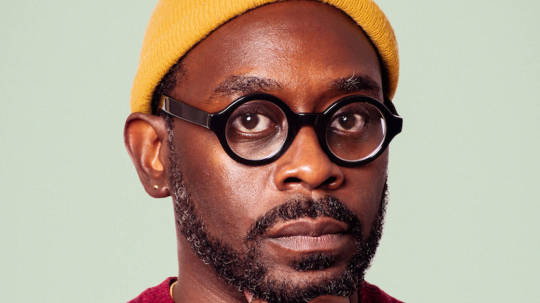
Written by Marcus Scott
Wednesday February 8 2023
James Ijames won the 2022 Pulitzer Prize for Drama for Fat Ham, an irreverent riff on William Shakespeare’s Hamlet that feels like a call to arms for Black joy and queer representation. A jambalaya of satire, magical realism and the American domestic sitcom, the play follows Juicy (Marcel Spears), a morose online-college student, as he tries to come to terms with the marriage of his newly-widowed mother, Tedra (Nikki Crawford), to his Machiavellian uncle Rev (Billy Eugene Jones). “This ain’t Shakespeare,” Ijames noted in the show’s program. “Don’t get me wrong. I love Shakespeare, this just ain’t him. This ain’t a tragedy…This play is offering tenderness next to softness as a practice of living. This play is celebrating Blackness that is traditional and weird and lonely and happy and grieving and honest and frightened and brave and sexy and churchified and liberated and poetic.”
Fat Ham had its world premiere in the spring of 2021 in a digital production by Philadelphia’s Wilma Theater. A year later, it made its onstage debut at the Public Theater, directed by Saheem Ali, and became one of the buzziest plays of the season. On March 21, 2023, that production will begin a limited run at Broadway’s American Airlines Theatre. We chatted over FaceTime with the playwright as he prepared to step into rehearsals.
Fat Ham moves Hamlet from a medieval Danish castle to a modern-day cookout in North Carolina. Why a barbecue?
“Barbecues are cumulative spaces. It starts with a few people and then it grows. There’s food, and people are drinking. It’s a space of truth-telling, it’s a space of game-playing, it’s a space of intimacy and warmth—and it’s where secrets come out. My family recently came together for the Christmas holiday and a cousin of mine made an announcement about being pregnant. Everyone was just so excited and lifted by that; everyone’s energy turned towards them in this really beautiful way. I wanted a space where that sort of collective joy was possible and also where a big, messy argument was possible. Where a fight was possible, where drinking was possible, where eating was possible, where romance was possible. In Shakespearean comedies, when you go outside or into the woods—like the forest of Arden [in As You Like It] or the forest in Midsummer—it’s a space where anything’s possible. There’s magic. We’re not inside, in a cold room in a cold castle. We’re outside: We have decorations, we’re colorfully dressed. We are in the sort of space where magic is palpable and possible.”
Juicy is not your typical Hamlet. He is Black and Southern and, as you describe him in the play, “thicc.” What was the motivation behind that?
“Well, I’m Black and from the South, and that drove my desire to play with people that sound and look like me. When you see productions of Hamlet, he's usually white and sort of athletic. I wanted to make a version of this play that was open to a body type that wasn't that; I'm a person who, for pretty much my whole life, has had some struggle with my weight and my perception of what I look like and how I feel in my body. And another thing I wanted to do was to explore Blackness in the South in a way that felt contemporary, that didn't feel held by history—looking at Southern communities right now as opposed to a nostalgic imagination of the Black South.”
Why did you choose for Juicy to have a passion to study Human Resources in college?
“Human Resources is about care and workflow. Efficiency. I wanted Juicy to have a passion for something that felt antithetical to his father. He wants to make sure people are okay.”
How does that contrast reflect other things about the way you have approached Shakespeare’s story?
“I think the play is exploring multiple modalities of masculinity. We see a lot of different kinds of Black masculinity on the stage. We see Juicy, we see Tio, we see Larry, we see Pap and Rev. And there’s a masculinity that’s implied about the community that they live in, that is sort of present in the room. I wanted to show that masculinity is not monolithic—it’s not as simple or cut-and-dried as it’s often depicted. I also wanted to explore cycles of trauma and violence in families. I’m interested in primordial stories, stories that no matter what culture you walk into, there’s like a version of them. I always think of Hamlet as—and I don't know that a lot of people think of it this way—but I think of Hamlet as a Cain and Abel story: the story of a sibling killing their sibling to get ahead. Anybody can relate to that; that’s a [narrative] that you inherit and moves with you through generations. And the younger folks in the play have to make some decisions about whether or not they want to continue that, whether that’s what they want their lives to look like and their relationships to each other to look like. I’m calling into question the stories that we’ve been passed down as wisdom. Because sometimes it’s wisdom, but more and more I look at those stories as cautionary tales of what you shouldn’t do. Vengeance isn’t gonna help Juicy. Killing his uncle is not gonna help Juicy’s life get any better.”
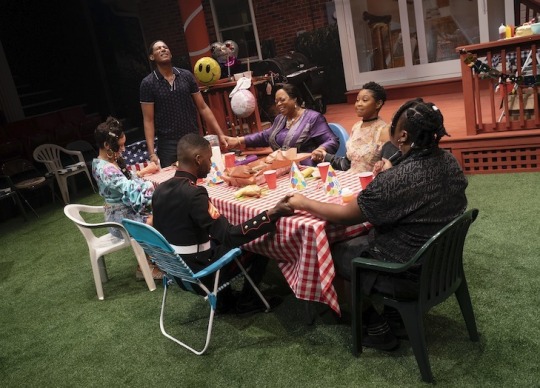
Your breakthrough play was Kill Move Paradise in 2017. How do you think you've changed as a writer since then?
“Oh, gosh. When I look at Kill Move Paradise, that play is quite erratic, you know [he laughs]. I always describe it as the way that I try to metabolize my anger and my fear and anxiety about being a Black body driving around in America, walking around in America, just trying to live my life. And so it has that anxiety in it. It has that fear and nervousness in it. It’s in the text, you can feel it on the page. As I've gotten a little older, I've experienced more and I've written more—the more you write, the better writer you become. I'm more intentional with story, with plot; how I'm weaving a theme or a theory into the action of a play is a bit more sophisticated than it was when I was starting out. The anger is usually shrouded in rebellion or exuberance. At a point in my life, anger sort of dragged me down into a space of high-blood-pressure fury. But I think now the work offers people an invitation to metabolize anger in a different way. By the time we get to the end of Fat Ham, people are dancing in the aisle.”
They certainly are.
“And that is not to negate the fact that we’ve just watched the thing that had pain in it, that had trauma in it, that had violence in it. But just because you’ve been through difficulty doesn’t consign you for the rest of your life to difficulty, to trauma, to pain. We have access to joy, we have access to resilience, we have access to exuberant ecstasy. Black history, in this country in particular, teaches us that: The blues and jazz and hip-hop come out of extraordinary awful scenarios and settings. Those art forms are undeniably both Black, but undeniably exuberant, resilient, unabashed, queer—all of those things! They possess all of those things. When I sit down to write a play, I know that at the end I have to send people out into the world, into the streets, into workplaces, into homes. My hope is that I’m leading them to some hope.”
This play is pretty fantastical, and there are various displays of spectacle and magic. There are also a panoply of images and homages to the Pan-African cultural experience—allusions to Louisiana Voodoo as well as Central African, Creole and Haitian Hoodoo symbology.
“Ghosts are a feature in a lot of my plays. Magic is a feature in a lot of my plays. Because I’m a person who grew up with people who kind of had magical ways of thinking. I grew up Baptist: hardcore, every Sunday, sang in the choir, youth ministry, youth usher—like, I am a church gay! I also grew up in a family that has New Year’s Eve traditions that they do, and will throw salt over their shoulder, or say “Don’t sweep over a single man’s shoe because he won’t get married.” That sort of Hoodoo connection to the spirit world and connection to ancestors was also a big part of the family that I grew up in. And so magic in that respect feels very real to me. Ancestors feel very present—the reverence for people who have passed on is immense. So, to me, the ghost of Juicy’s father showing up isn’t just a specter from this other world that is coming with caution and with information. Juicy is having a conversation with his ancestor and he talks to his ancestor, the way that I talk to mine. The thinness of that veil between here and there—I relish in that, and the theatrical allows you to do that with a lot of ease. I didn’t want the ghost to be a joke. He’s funny—that cat is extremely funny—but he also has these great moments of, like, “Wow, I really messed you up.”
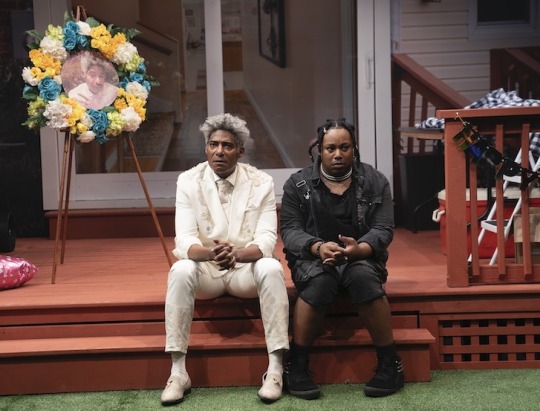
There is a long literary tradition of Black writers explaining Blackness to people who aren’t Black. You don’t do that here. In fact, this play comments on performing Blackness, trauma porn and “enterpainment” on stage—and it’s done with humor. Why was this important to you?
“Humor is powerful. It opens us up to hearing things in a new way. It’s a big part of all of my plays. The question about explaining Blackness is huge to me. I don’t feel like I have to explain Blackness to an audience. I’m assuming that everyone will catch up who doesn’t understand.”
At the end of the show, there’s a cover of the funky dance-pop disco tune “Kill The Lights” sung by Broadway actor Mykal Kilgore. What inspired that particular needle drop?
“I love disco music, just personally. Anybody can dance to it. If you are off-rhythm, you will be on a rhythm with disco music because it’s four-on-the-floor and is just all-encompassing. It strives for ecstasy, it strives for moving from a passage from one state to another. Probably because they were all like using drugs and having sex while they were listening to it in the Seventies and Eighties. But this is a contemporary artist singing in the disco style. It’s not a song from the era. It just moves people! That music moves people.”
If you were to classify your previous plays by genre, with Fat Ham being disco, what would your other shows be?
“Ooh.” [He laughs.] “I think Kill Move Paradise, if I had to put a genre to it, it’s Southern hip-hop, right? It’s sort of grounded in that culture. I would say White is like pop music—it’s like my Ariana Grande album. And Miz Martha is Americana music. It’s like bluegrass with a trap beat.”
Only nine writers of Black descent have been awarded the Pulitzer Prize for Drama in its 105-year history: Charles Gordone for No Place to Be Somebody, Charles Fuller for A Soldier’s Play, August Wilson for Fences and The Piano Lesson, Suzan-Lori Parks for Topdog/Underdog, Lynn Nottage for Ruined and Sweat, and the last four prizes in a row—Jackie Sibblies Drury for Fairview in 2019, Michael R. Jackson for A Strange Loop in 2020, Katori Hall for The Hot Wing King in 2021 and now you. Is something going on in the zeitgeist? Is there something special about Black writers that make their work more urgent right now?
“I think a few things are happening. Black writers and Black directors have been trying to push the form in new directions, to be both in conversation with the cannon and also pushing against the cannon. Those four plays—starting with Fairview and going to A Strange Loop, The Hot Wing King and Fat Ham—all four of those plays are actively doing those things. And so are some plays that haven’t won Pulitzers but have been defining culturally, like Slave Play and things like KPOP. The audience for that work is already there and primed, and it’s just waiting for someone to make art for them, you know what I'm saying? People are curious about what is possible in the form. I remember seeing Fairview and just being blown away by the audacity of it. It made me want to be more ambitious—to create more of a social experiment with my work in collaboration with an audience. I think the same thing is true of A Strange Loop and Hot Wing King in terms of those plays’ exploration of Black queer identity. And that flows rather beautifully into Fat Ham, which is doing the same sort of thing by taking a play that people cherish like Hamlet and saying, ’Not only is this mine, it’s mine in these particular ways, and this is what I’m gonna keep and this is what I’m gonna discard.’ So some of it is just us, as writers, wanting the form to feel as vital and as urgent as possible. And one way to do that is to examine how we write things and try to find new ways into storytelling.”
Those last three plays in particular have centered on Black queerness, and on what we might call radical softness. Is there something in the ether? Was there something in the culture that made us say, “Now that’s something we need to address, to attack, to appraise?” Because it all kind of happened around the same time.
“Hmm. I don’t know. That stretch of plays spanned the heartiest points of the pandemic, and we were all quite hungry for connection, closeness, touch, tenderness. And that offered an opportunity for people to be excited about seeing something that felt soft or vulnerable. I think people respond to that because we want to be better. Culturally, I think, we want to try to do things differently. It remains to be seen whether or not that will continue, but people wanted to engage with things that felt tender, that felt connective, and all of those plays are great examples of that. And I think that’s also true of Fairview; with the separation that it is asking for, it’s asking for people to sit in an embodied space with an idea.”
Last question: How has your life changed post-Pulitzer? Has that changed how people think of you and your work? Or how you think of yourself and your work?
“Oh my gosh! It’s just made my life so much busier, but it’s also made me focus on the work. Refocus on my craft and my practice. I don’t want this prize to freeze me in time. I want to keep pushing and keep expanding what I do.”
Fat Ham begins previews at the American Airlines Theatre on March 21, 2023, and opens on April 12. Tickets are available here. This interview has been condensed and edited for clarity.
Follow Marcus Scott on Instagram:@therealmarcusscott
Marcus Scott

#Marcus Scott#MarcusScott#WriteMarcus#Write Marcus#playwriting#playwrights#playwright#James Ijames#JamesIjames#Fat Ham#FatHam#Broadway#The Public Theater#Public Theater#Time Out#TIme Out New York#TimeOutNewYork#TimeOutNY#Time Out NY
6 notes
·
View notes
Text
That Time I Interviewed Dr. Bronner
It’s quite true, although it must be pointed out that there have been three generations of Drs Bronner since the mid 20th century, and many generations of soap-making Heilbronners before that. I missed getting to talk to the most famous Dr. Bronner, the All-One-God-Faith-Health-Wealth-Moral-ABC Dr. Bronner by about a half dozen years. But I did get to talk to his nearly as kooky son — boy, did I.…

View On WordPress
#David Bronner#Dr. Bronner#Emamnuel Bronner#Magic Soapbox#movie#Ralph Bronner#Sara Lamm#Soap#Time Out New York
0 notes
Text

youtube

1 note
·
View note
Text
evil time loop escape conditions where you can't get out until you've fuucked up your life in the most spectacular way possible, confident that the next night will reset the slate as usual.
instead, the next day comes.
#that's the first chapter btw#the rest of the story is about coming back from the fallout#trying to make amends#something something the hubris of believing you were above consequences#coming to terms with the pain you were willing to cause in the moment because you never thought it would last (but it did)#actually maybe this is just undertale geno route#post cancelled undertale did it already#lol mostly i was trying to figure out if i could get to new york in a daily reset time loop#i probably could if i fucked up my life#and of COURSE that would be the day it didn't reset
1K notes
·
View notes
Text
The interpretation of Rise Raph as a 'perfect responsible soft boy uwu' is so BORING I'm sorry, Raph is a rowdy adrenaline junkie with anxiety and I won't take this slander any longer
Raph secretly kept an enemy soldier in their actual literal house as a sparring partner. Raph glued his brothers together and dragged them out to fight crime. Raph once asked Leo to punch him in the face to prove he 'takes damage like a boss.' Raph tried to lift a school bus, twice. Raph offered to help his favorite wrestler beat his little brother up. When Leo suggests evacuating Bullhop, Raph says no bc the best defense is a good offense babey. Raph's idea of a 'friendly chat' with April's upstairs neighbor is to put on a black ski mask and go stand menacingly at their door. It takes Raph 10 episodes to conclude that they should MAYBE start training. Raph's plan to get a potentially priceless (and potentially FRAGILE) museum artifact is to punch a car in the middle of a busy street and also cut it in half with his brother still inside.
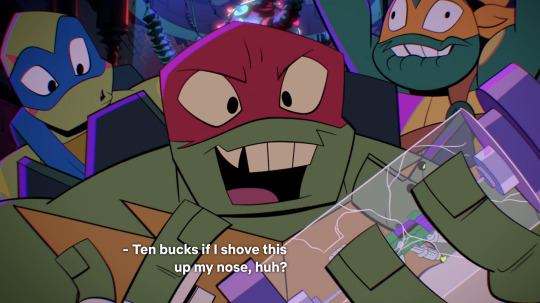
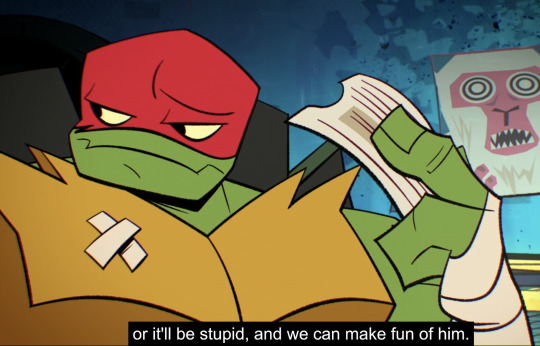
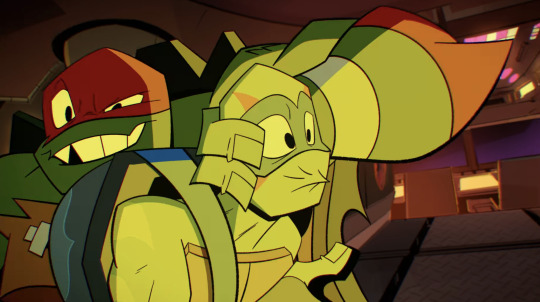
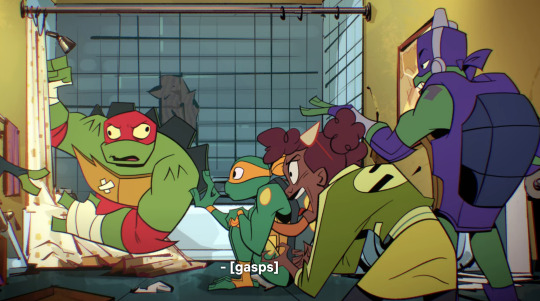
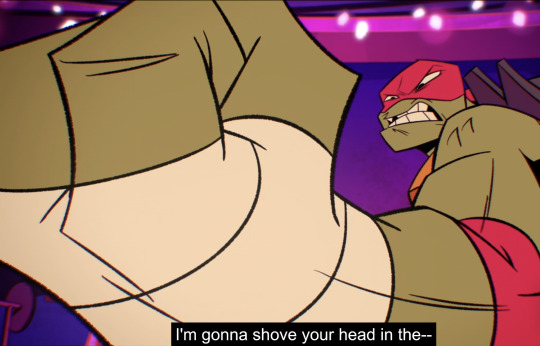
Raph's never met a problem he wouldn't try to punch in the face and does not know the meaning of the words 'excessive force.' He roughhouses with his bros and drags them out to fight villains and thinks any plan that doesn't involve an all-out brawl is boring and lame. He'll do anything to protect his family from harm and be a hero, but also he eats wet salami off the floor and once single-handedly destroyed a library.
I just adore how, at his core, Rise Raph is such a classic Raph—impulsive and stubborn and caring and passionate. He is a very sweet, strong, honorable guy who has a very powerful sense of personal responsibility... and he is also the exact kind of jock who throws you in the pool at a party without checking if you have your phone in your pocket first.
#rottmnt#rottmnt raph#raph#don't worry then he'll freak out and buy you a new one#anyway! raph rules!!!!!#and i think the movie has made some people interpret him as like the 'responsible mom' character which is a bummer#bc that's really not him at all#like this is not even NEARLY a complete list of raph's shenanigans#he's a hooligan a fool a dumbass (affectionate)#he loves big flashy exciting fights and does not spare a single thought to stealth 90% of the time#he gets distracted on missions taking selfies with pizza pigeons and wrestlers#and gets annoyed in eps like Bug Busters when leo suggests being more cautious#he would die for his brothers but also he's definitely the type to like. walk into their rooms and sit on them for fun#he values responsibility so much but also makes the most batshit decisions ever#and has probably caused the state of new york thousands of dollars in damages#and he's NOT the boys' dad jesus christ#he grows slightly more serious over the course of the series (out of stress :(()#but at his core he's just a kid who loves fighting and being a hero#and i love him so much ok!!!!!!
3K notes
·
View notes
Text


billie jean king drops the first puck at the inaugural pwhl game | pwhl tor vs. ny | 1.1.24
#blayre turnbull#micah zandee hart#pwhl#pwhl toronto#pwhl new york#women's hockey#hockeyedit#mine#billie jean king#jayna hefford#you're crying from the first pwhl puck drop????#billie jean king's rainbow watch peeking out from under her sleeve as she kisses the puck for the third time got to me okay
551 notes
·
View notes
Text
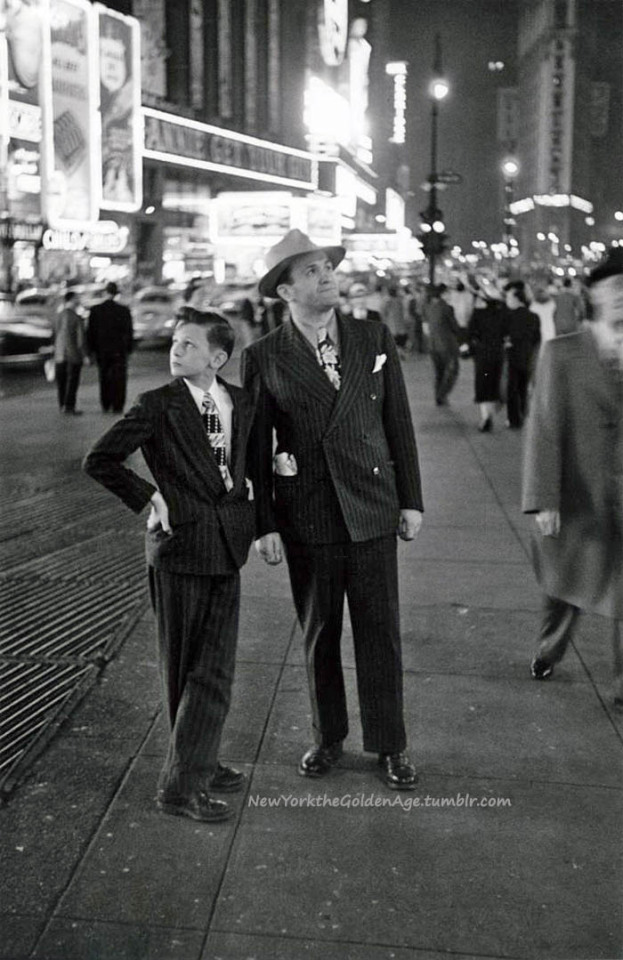
Tourists in Times Square seem overwhelmed, 1947.
Photo: Louis Faurer via the Center for Creative Photography
#vintage New York#1940s#Louis Faurer#tourists#out-of-towners#puzzled#lost#Times Square#b&w photography#vintage NYC
213 notes
·
View notes
Text


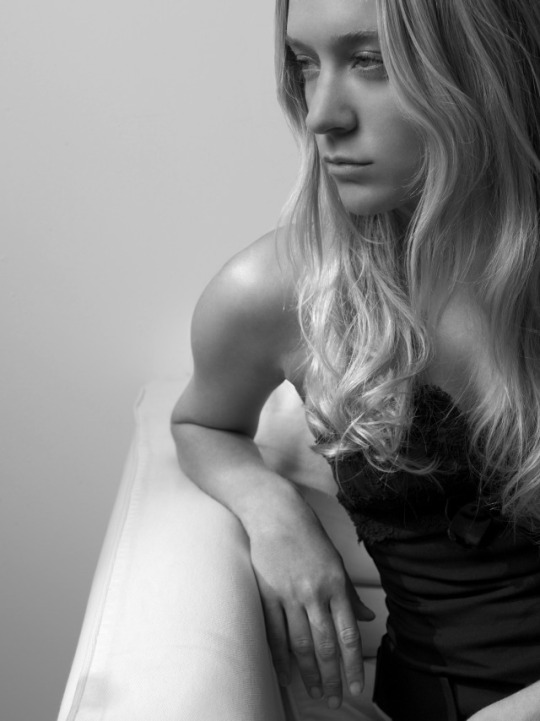


Chloe Sevigny for Time Out New York
#chloe sevigny#actress#actor#model#photoshoot#fashion#style#famous#celebrity#celeb#time out new york#time out#time out magazine#magazine
3 notes
·
View notes
Photo

Time Out New York, 2000
Photographer: Eric Ogden
27 notes
·
View notes
Text
Unironically think that each of the bros (+April) don’t actually get how impressive their feats really are so they just do what they do and on the off chance someone comments on those feats they all react like:
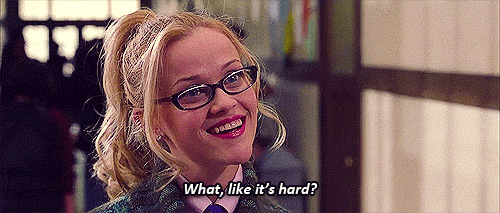
#rottmnt#tmnt#rise of the teenage mutant ninja turtles#no but really#I love thinking that they’re actually way more prideful about the stuff that does not even hold a candle to their other feats#like yeah Mikey can open a hole in the space time continuum but that’s nothing have you TRIED his manicotti??#yeah Leo has outsmarted multiple incredibly intelligent and capable people AND knows how to rewire AI but eh did you hear his one liners?#donnie accidentally made regular animatronics sentient but that was an oopsie check out his super cool hammer instead#raph was able to fake his own death to save the entirety of New York and then be the one to bring about his brothers’ inner powers-#but forget about that did you know he can punch like a BOSS?#and April can survive and THRIVE against a demonic suit of armor alongside literal weapons of destruction as a regular human-#but her crane license is where it’s really at#(not to mention all the other secondary talents and skills these kids all just sorta have like - they are VERY CAPABLE)#honorable mentions in this regard go moments like#donnie ordering around an entire legion of woodland critters to create a woodsy tech paradise#or Leo being able to avoid an entire crowd’s blind spots in plain sight#and also being able to hold a pose without moving a millimeter while covered in paint and being transported no I’m NOT OVER THAT#Mikey casually being ridiculously strong and also knowledgeable enough about building to help Donnie make the puppy paradise for Todd#Raph literally led an entire group of hardened criminals like that entire episode was just#basically they’re all so capable????#and at the same time prone to wiping out at the most inopportune of moments#love them sm
263 notes
·
View notes
Text




Via Instagram @/fanatics.
#matt rempe#new york rangers#hartford wolfpack#I need to hold a debrief on wtf was going on through his head and what exactly he was going for with his look#so it seems like the blazer part of the suit somewhat fits him but his pants if u see full body pics is SHORT#unfortunately he has not gotten better at picking out suits and tailors#then the collar being half tucked in half out fjskdjdjdh#you cannot see it here but he had some playful socks on too#the hat?? boy you need to burn that thing there is no need to be pairing a full on formal suit with a baseball cap#also was not needed because pooks hair was looking mighty good without it on#the half put together half dishevelled look PLEASE#this whole thing just confirms to me he doesnt look in the mirror before leaving the house half the time
101 notes
·
View notes